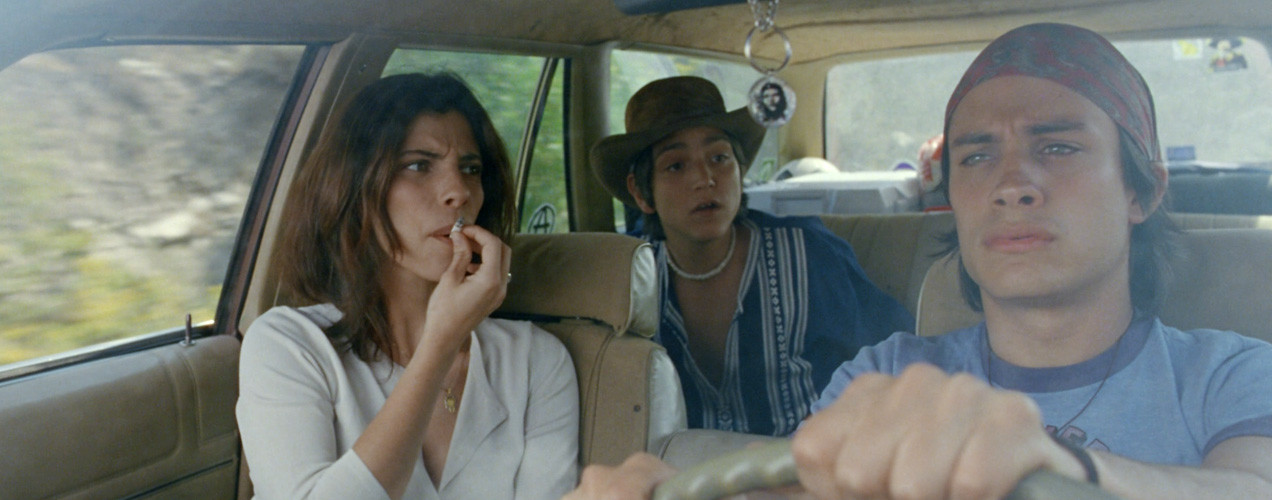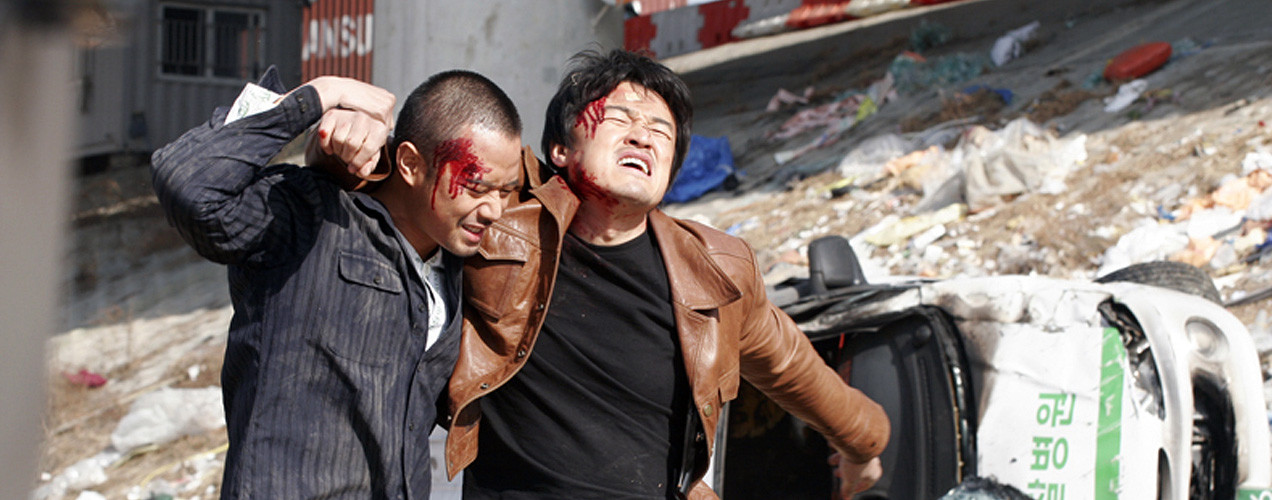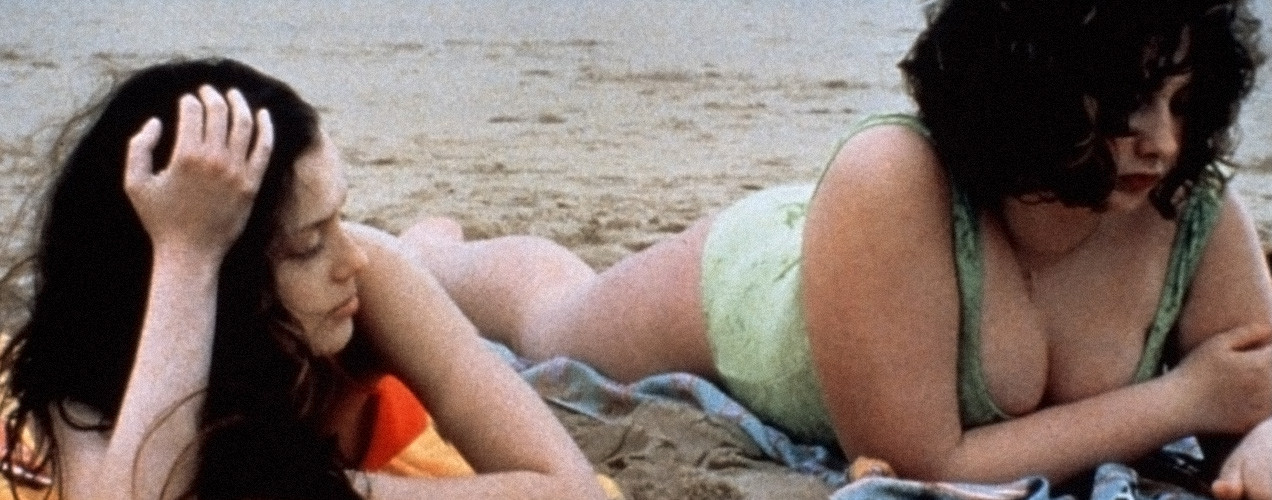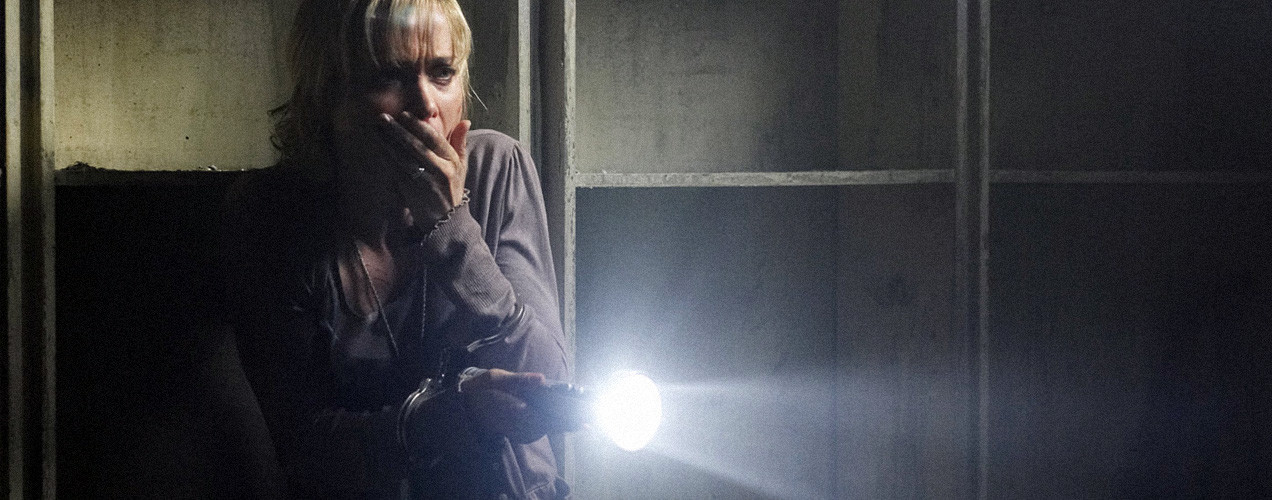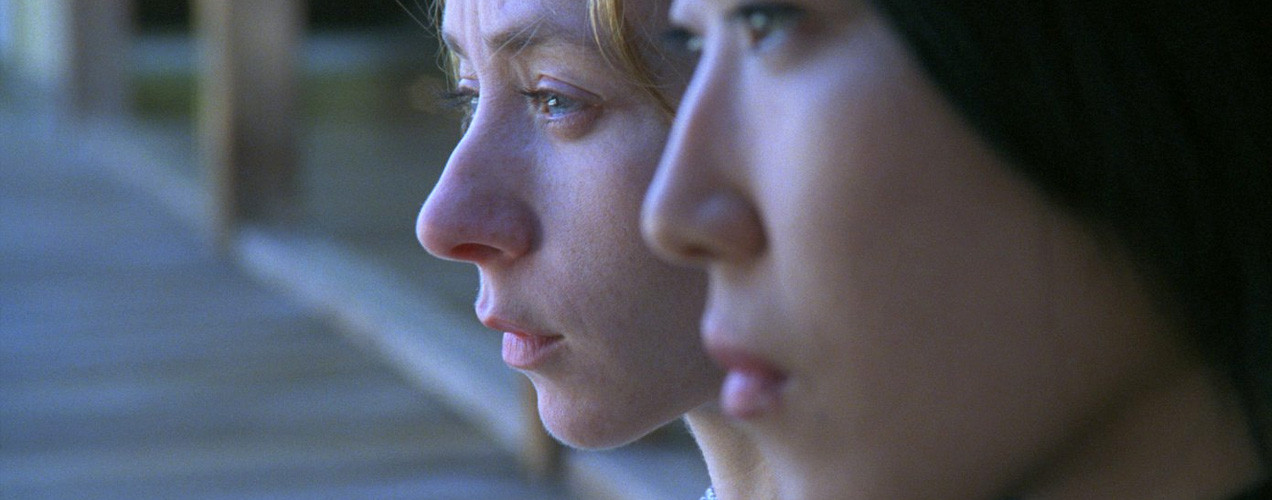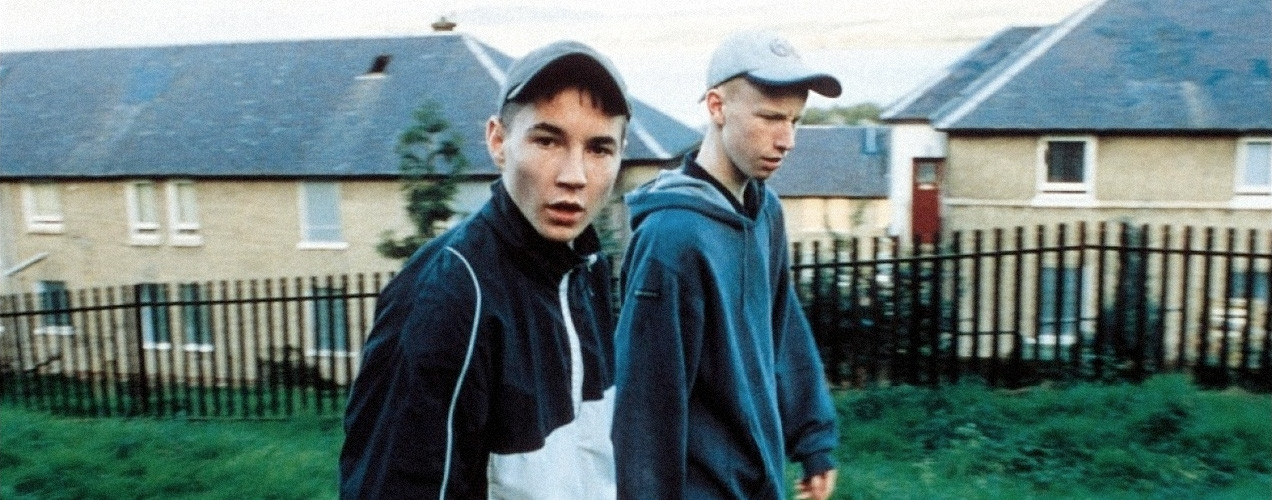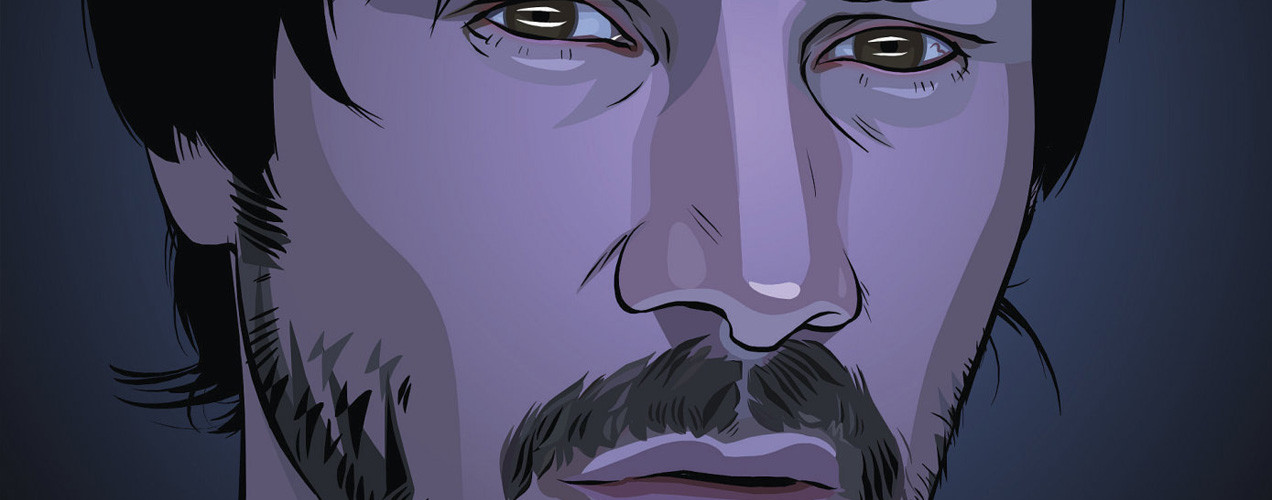2001 / Alfonso Cuaron > Y Tu Mama Tambien is the sort of sexual exploration film that validates the genre itself. It takes a while to peel off its layers, from an adolescent idyll to sexual discovery to a certain realization that the harder you press against another, the quicker you become repelled. Certain lessons hidden inside the film are harsher than one would expect (and hope for), however the beauty of the film may lie in the fact that it will mean something different for everyone.
Ripely timed, the sexual sequences are enthralling and necessary. As a road movie, it depicts the countryside of Mexico through the eyes of two metropolitan Mexicans and a Spaniard. This causes a bit of annoyance at times when the narrator takes on a considerably more socio-political tone. Thankfully, it doesn’t overshadow the relationships between those in focus. Now, who could have guessed that Cuaron’s follow-up to this would be Harry Potter and the Prisoner of Azkaban?

